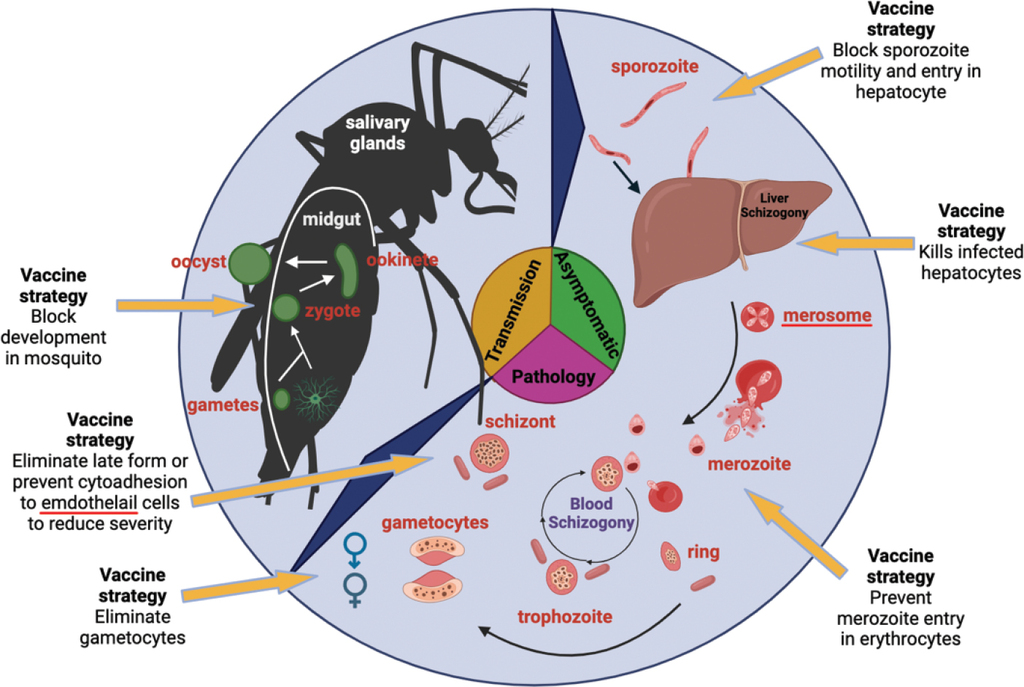Targeting Lipid Metabolism to Control Malaria Mosquitoes
Recent research has revealed a promising approach to combat malaria by targeting the lipid transport in Anopheles gambiae mosquitoes. The study, published in PLOS Biology, marks the critical role of lipophorin in the development of Plasmodium falciparum, the malaria parasite. By inhibiting lipid metabolism, particularly through the use of broad-spectrum lipase inhibitors, researchers demonstrated that it is possible to induce sterility in female mosquitoes. This innovative strategy could lead to advancements in mosquito control and malaria prevention.
The Role of Lipophorin in Mosquito Development
Lipophorin is essential for transporting lipids within the mosquito. It facilitates the transfer of vital nutrients required for egg development. Disruption of lipophorin function can severely affect the survival of mosquito embryos.
Impact of Lipase Inhibitors on Mosquito Fertility
Exposing adult female mosquitoes to lipase inhibitors, such as orlistat, before an infectious blood meal can lead to reduced egg production. This treatment mimics the effects of silencing triglyceride lipase, resulting in impaired energy metabolism in embryos.
Mechanism of Embryonic Development Disruption
When triglyceride lipase is silenced, embryos develop normally during early stages but fail to hatch. This failure is attributed to insufficient metabolic support, leading to embryonic death. Lipoproteins, including vitellogenin, are crucial for delivering lipids to developing oocytes.
Effects of Triglyceride Lipase Silencing
Silencing triglyceride lipase reduces the number of eggs laid. It also alters the metabolic profile of embryos, causing a drop in crucial metabolites. The study found that embryos from silenced mosquitoes exhibited lower glyceride levels, leading to poor larval emergence.
Importance of Maternal Lipids in Embryogenesis
Maternal triglycerides are vital for driving metabolic processes during embryonic development. When these lipids are limited, embryos struggle to complete their development, indicating that lipid availability is crucial for survival.
Field Application of Lipase Inhibitors
The researchers tested the effectiveness of lipase inhibitors in field settings. Mosquitoes were allowed to rest on surfaces coated with orlistat before feeding. The results showed reduction in the number of larvae emerging from eggs, suggesting a viable method for mosquito population control.
- Lipophorin is a key lipid transporter in mosquitoes.
- Orlistat is a broad-spectrum hydrolase inhibitor.
- Triglyceride lipase silencing reduces egg production.
- Vitellogenin transports about 5% of lipids in oocytes.
- The study indicates a potential for field interventions.
Future Directions in Mosquito Control
The findings suggest that developing Anopheles-specific lipase inhibitors could provide new strategies for controlling mosquito populations. This approach may enhance current methods of malaria prevention and contribute to public health efforts globally.
Month: Current Affairs - January, 2025
Category: Science & Technology Current Affairs







